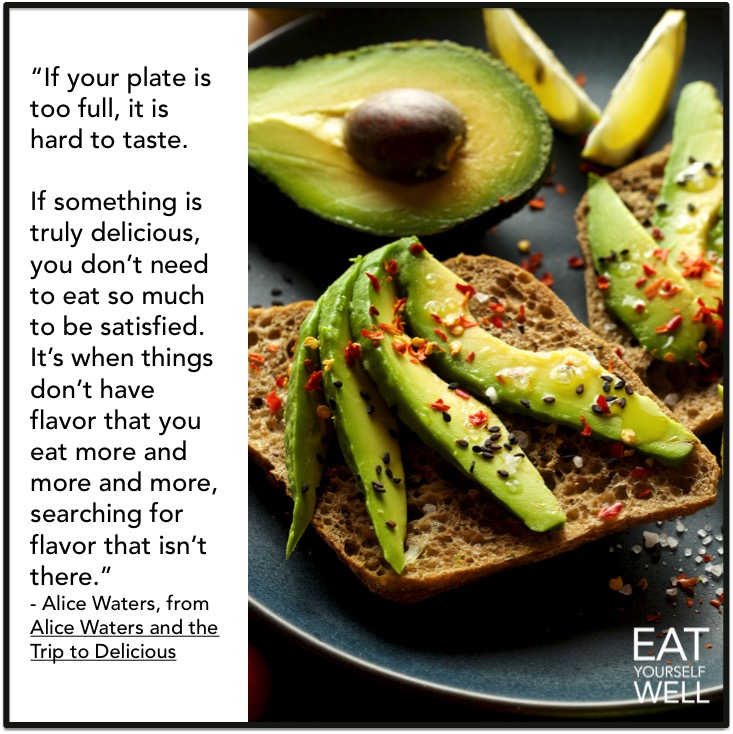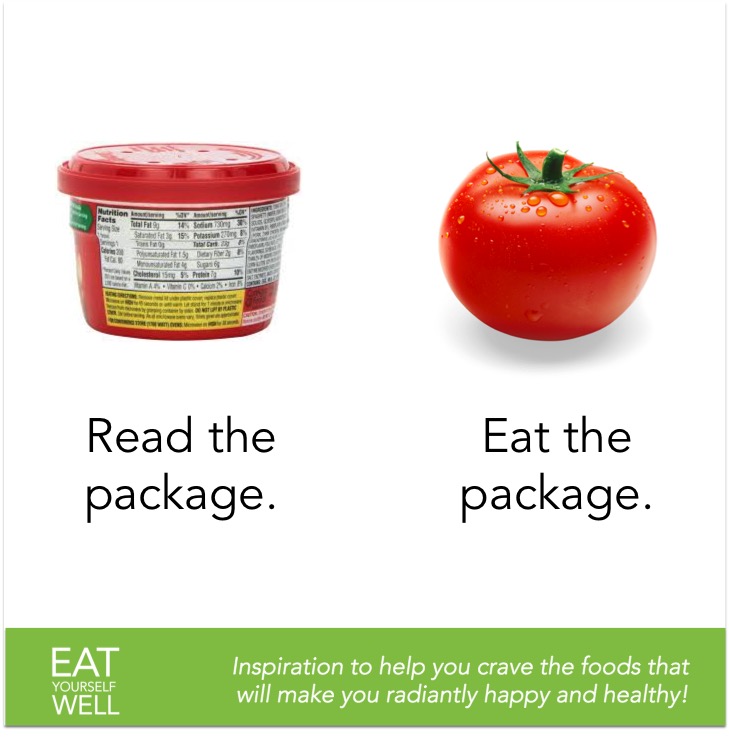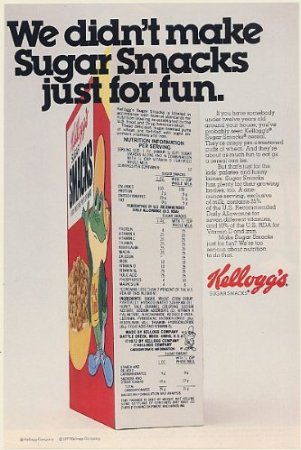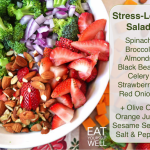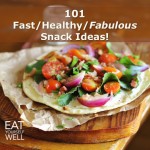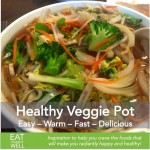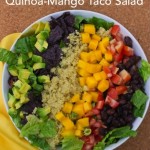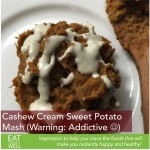When it comes to food, less is definitely more. Simple foods simply prepared are FAR more satisfying than the Standard American Diet (SAD), with its cacophony of flavorings, colorings, and other chemicals designed to make you eat more. Alice Waters says it best:
EAT your labels!
Food labels are a hot topic – nutritionists and the FDA urge us to read them, know the ingredients, and use that knowledge to make healthy choices. But who (other than food scientists) actually knows what common ingredients like Sodium Benzoate (linked to thyroid damage) or Butylated Hydroxyanisole (serious endocrine disrupter) actually are, anyway? And as reported by the Journal of Food Additives and Contaminents, over 175 damaging chemicals are found in food packaging itself – many transferring into foods while on the shelf.
Instead, avoid foods with labels altogether, and instead choose organic foods with edible labels :-).
The Dirty Art of “Leanwashing”
Have you seen the Leanwashing site? This website, from Enviromedia Social Marketing, founded by Valerie Davis and Kevin Tuerff, lets consumers report brands that use vague of misleading claims about health benefits that make a food seem like a smart choice when it is not. Examples are 100-calorie snack packs of highly-processed gunk, or sugar-drenched cereals that scream “WHOLE GRAIN!” on the package. I’m a huge fan of this site!
From one of their Advisory Panel members, former Big Food exec and healthy eating advocate Bruce Bradley, “Over the past decade or so, Big Food increasingly acts more and more like a snake oil salesman, shilling sugary, salt-laden, fatty processed foods and calling them ‘healthy.'” Exactly – and the result is a generation of mothers – and their kids – who have come to believe that fruit actually comes “by the foot.”
Enviromedia’s guidelines for identifying Leanwashed products:
- Does the product mislead with words? (common Leanwashing words include “natural”, “whole-grain”, and “wholesome”)
- Does the product mislead with visuals, sponsorship or imagery? (athletes on candy packages, for example)
- Does the product make vague health claims?
- Does the product exaggerate how healthy it is?
- Does the product appear to mask information, making a product seem healthier than it really is?
Check out the site and share it with others … and be on the lookout for Leanwashing in the grocery stores and restaurants you visit. When you see it for what it is, it loses its hold on you!
